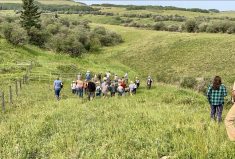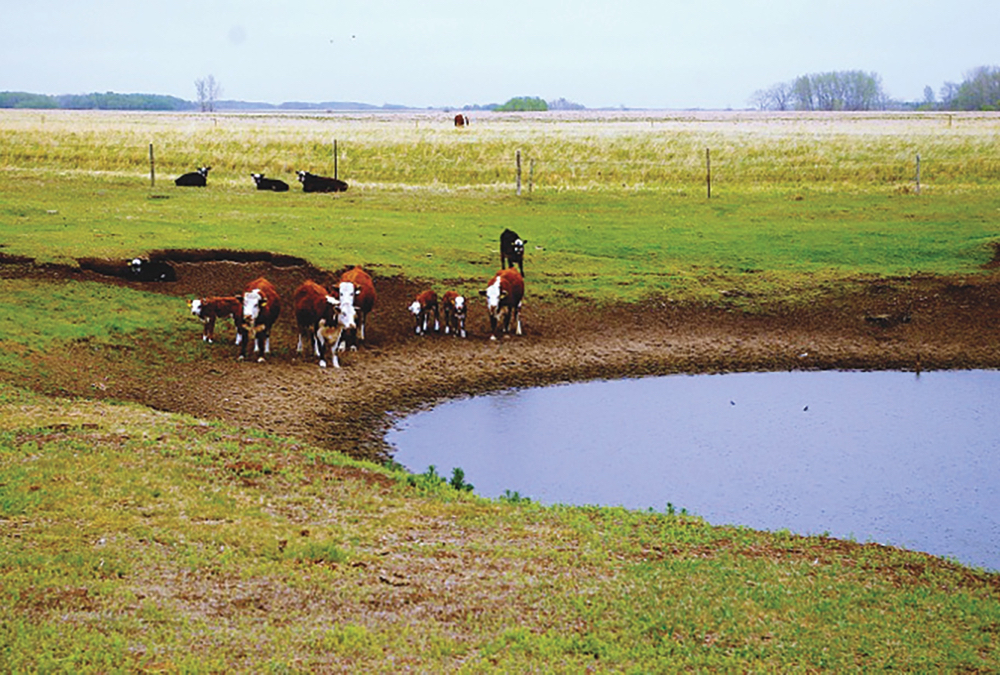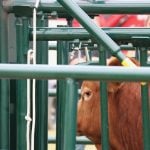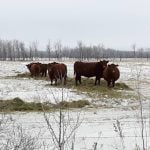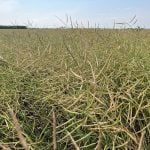This is the time of year producers may be thinking about digging new dugouts. And, as with any new building project, there are factors to ponder before the first shovel hits the dirt.
“Fall is a great time of year to construct new dugouts,” said Melissa Orr-Langner, agricultural water engineer with Alberta Agriculture and Rural Development. “Conditions are dry, and the new dugout is ready to go for spring run-off.”
But there are a few things to consider before building a dugout, she said.
“First of all, one size doesn’t fit all. We recommend a two-year supply of water, but in drier areas this should be five years. This will allow for a dry year so if you don’t get run-off you still have that extra supply to carry you over. It also allows for an emergency supply and will increase the water quality of the dugout.”
Read Also
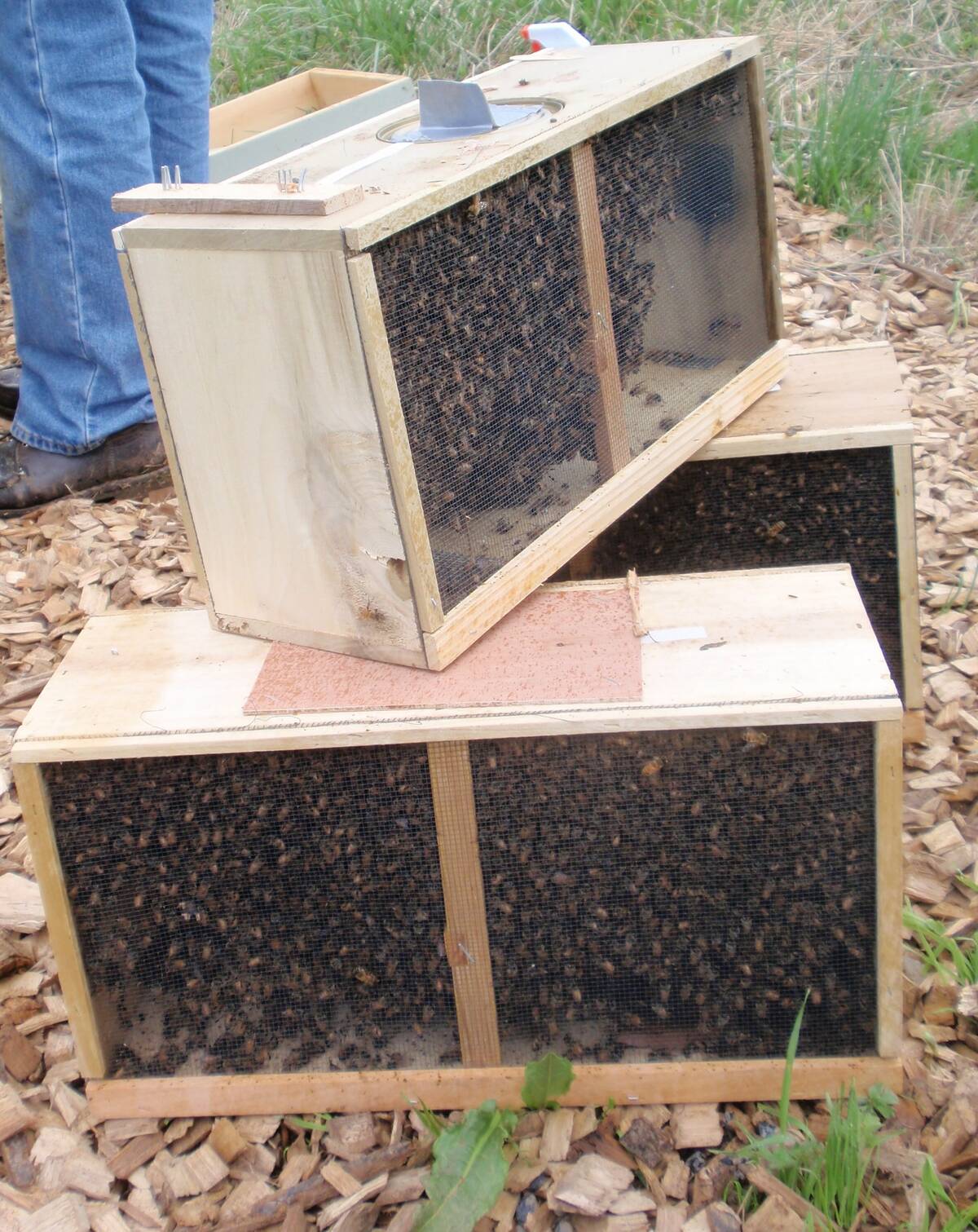
Canadian beekeepers call for regulatory accountability
Beekeepers say the Canadian Food Inspection Agency should restore U.S. packaged bee shipments, claiming the agency isn’t following evidence.
When it comes to choosing a dugout size, there are a number of factors to consider, depending on location, said Orr-Langner.
“You may have a different run-off potential or a higher evaporative loss in your area. You also need to consider what your needs are.”
For run-off potential, topography, precipitation, vegetative cover, and soil moisture/type are all factors to be considered, she said.
“For example, in the Peace, you need 25 to 50 acres of contributing area to fill a million-gallon-size dugout, whereas in Brooks, you’d need more than 2,000 acres.”
When it comes to evaporative losses, deeper is more efficient.
“In Brooks, a 21-foot-deep dugout can be constructed at about two-thirds of the volume of a 15-foot dugout and provide the same amount of available water.”
Funding for dugout construction is available through the Growing Forward 2 On-Farm Water Management Program.
“Producers need to complete a long-term water management plan and have it approved by a water specialist before dugout construction begins,” said Orr-Langner.
For more information, call the Ag-Info Centre at 310-FARM, 319-3276, or go to the Growing Forward 2 website.



